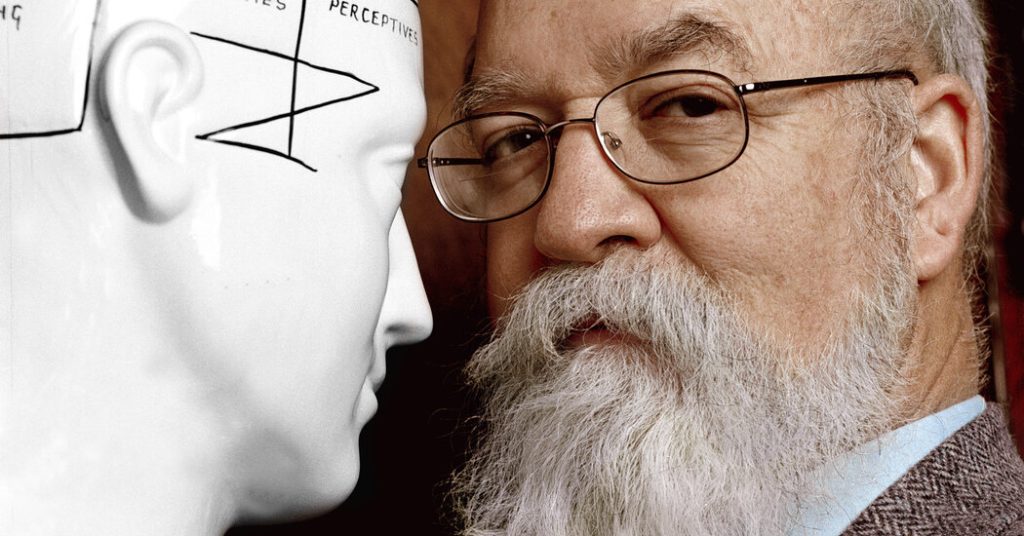Daniel C. Dennett, a well-known and controversial American philosopher, passed away at the age of 82 in Portland, Maine. He was known for his wide-ranging work exploring consciousness, free will, religion, and evolutionary biology. Despite his many publications, Dennett was able to reach a general audience with his accessible and often playful writing style. However, his outspoken atheism and views on free will often stirred up controversy and criticism from fellow scholars and thinkers.
Throughout his career, Dennett argued that the human mind is essentially the brain functioning on a series of algorithmic functions, similar to a computer. He believed that the concept of free will was a necessary illusion to enforce societal rules, and that random chance played a larger role in decision-making than motives or reasoning. His views on evolution, particularly his emphasis on natural selection, clashed with those of other prominent scientists like Stephen Jay Gould, whom Dennett dismissed as “goulding.”
Dennett’s early life was marked by an upbringing in Beirut, Lebanon, where his father worked as a covert intelligence agent and his mother was an English teacher. He later studied philosophy at Harvard University and Oxford University, where he earned his Ph.D. His academic career included teaching at the University of California, Irvine, and Tufts University, where he became an emeritus professor and director of the Center for Cognitive Studies.
In his writings, Dennett sought to explain consciousness and free will through a physiological understanding of the brain, viewing it as a complex supercomputer. He believed that evolutionary biology played a significant role in shaping human consciousness and behaviors, often clashing with critics like Gould over the mechanisms of evolution. Dennett’s work extended beyond philosophy and academia, being the subject of plays and musical compositions based on his research and ideas.
Despite his sharp criticism of others’ views, Dennett was known to react strongly to negative feedback on his own work. He was famously involved in a public disagreement with writer Leon Wieseltier, who accused him of intolerance and giving reason a bad name in his book “Breaking the Spell: Religion as a Natural Phenomenon.” Dennett’s enduring appeal lay in his ability to ask thought-provoking questions that challenged traditional beliefs, even if they could not yet be definitively answered. His legacy is marked by his influential contributions to the fields of philosophy, cognitive science, and evolutionary biology.


